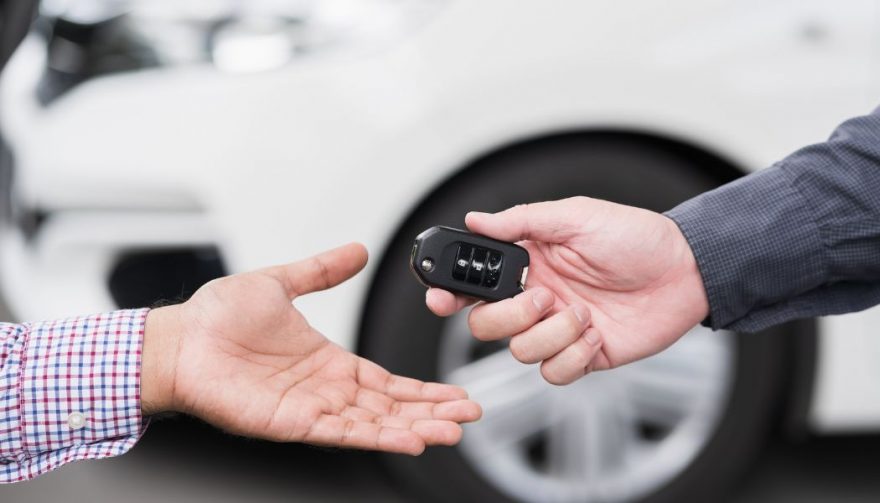
First-Time Car Buying: Things to Know
Navigating the Car Buying Process as a Novice
Plan Ahead Before Shopping
Before going out and jumping into a big purchase, there are a few things that you should do and plan ahead of time. First and foremost, consider the price that you are looking to spend. Based on your income, there should be a price that you cap out at and refuse to spend beyond, as it would be difficult or impossible to make the payments on the loan.
On top of analyzing your price point, begin looking into your credit score and understanding the dynamics of getting approval for a loan. There are a variety of loans and loan servicers out there that will assist you in your first time buying a vehicle; however, each has its own pros and cons. Understand your credit score and credit history, among other important financial information, before pursuing a loan with a servicer. Some things that you can do are the following:
- Request a soft credit check.
- Evaluate full levels of debt.
- Look into pre-approval for loans.
Once you have done the above, there are still a few additional steps that you should take before fully committing to becoming a first-time car buyer! Arguably the biggest step to consider is to save for a sizable down payment – the down payment is the initial lump sum of money that will be put down when you purchase a vehicle. If you do not need to go out and purchase a vehicle as soon as possible, it is in your best interest to spend time-saving up to cover at least 20% of the vehicle price before committing to a purchase. This will significantly reduce the loan value that you take and will result in lower monthly payments down the road.
Will You Qualify for a Loan?
This is probably one of the most common questions that a first-time car buyer will ask throughout the process; fortunately, everyone has to start somewhere. Loan approval to purchase a vehicle can be a stressful experience as it usually requires some type of credit history for the applicant – if you haven’t had a credit card or loan in the past, it might be difficult to get approved.
The first thing that a lender will do is pull a credit report on the applicant. This report will show your credit history; you must understand your credit history and know what the lender is looking at. If you have ever missed or been late on other debt payments, this report will show that to the lender. Before making any big purchase, it is smart to request a credit report and review the details to verify that there aren’t any false late payments or problems – if there are, be sure to dispute them.
Beyond the credit report itself, lenders will also look into your actual credit score. Depending on your circumstances, you may or may not have a credit score. Typically, anything around or above 600 for a credit score will position you well for acceptance on your first vehicle loan.
When applying for a loan, provide as much positive information as possible. This can and should include proof of a steady job and income and potentially adding a co-signer on your loan.
Things to Look for in a Loan
Every loan servicer will offer different loan details; however, there are some underlying things of importance that you should either look for or avoid. During the shopping period, shop around on loans just as much as you are shopping around on vehicles. Be careful taking the financing option through the dealer, as this is usually where they make the most of their money on the backend and ultimately is not the best deal for you (usually).
While shopping around for loans, look for the lowest interest rate possible for your specific credit profile. The lower the interest rate, the better! Make sure that you are also reviewing and considering the one-time fees, such as application fees, that you will need to pay upfront, as these can also add up pretty quickly without you noticing it!
If you belong to a credit union, that is likely your best bet at getting a relatively low-interest rate on your loan as a first-time car buyer. If you’re not, start looking into loan options through your bank or online auto lenders.
Don’t Forget!
As always, there are a few things that you shouldn’t forget before going to buy your car. First and foremost, do not go into a dealership feeling like you need to make a purchase – you can walk away if the price isn’t right!
With that said, negotiate. As a first-time buyer, this might feel intimidating, but do not shy away from negotiating the price of the vehicle!
Good luck!





